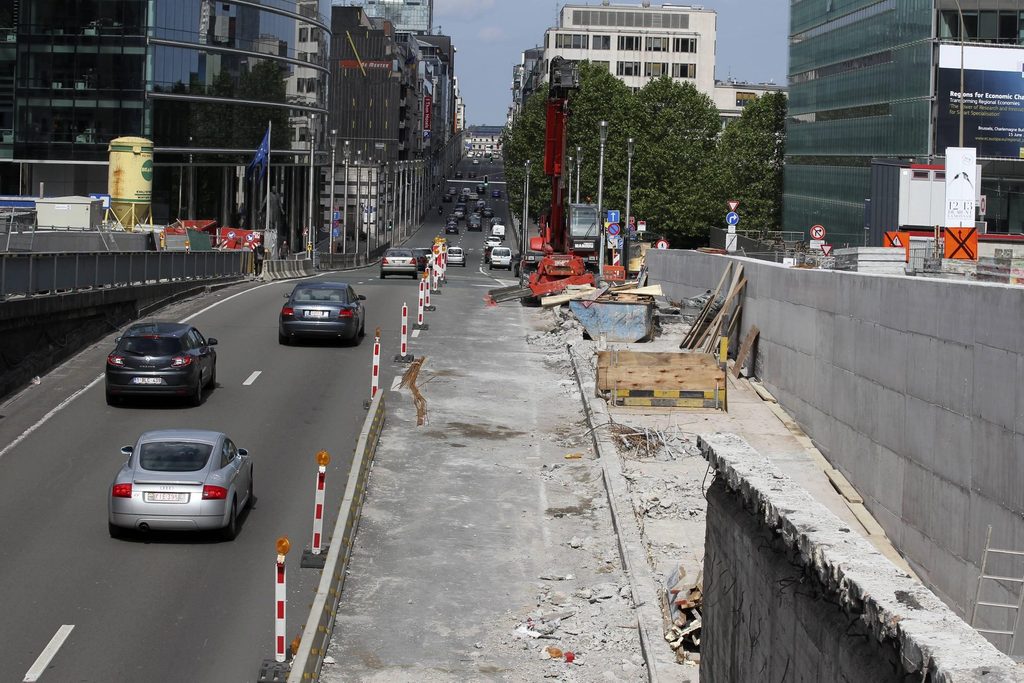While many Brussels residents are not satisfied with the complicated organisation of their city – with competences distributed between the Regional Government and 19 municipalities – any changes to the Capital Region's workings have been pushed back until after the elections.
In November 2022, Brussels Minister Local Authorities Bernard Clerfayt (Défi) launched 'The Future of Brussels' project, involving both citizens and experts in surveys, debates and citizen meetings. It found that the people want more harmonisation and coordination, but nothing will be done anytime soon.
"There is something wrong with the organisation of Brussels. In too many areas, powers are shared between the Region and local authorities, while their approaches differ," said Brussels MP Els Rochette (Vooruit.brussels), who asked Clerfayt a parliamentary question.
The experts' report, presented in the last meeting of the Home Affairs Committee, showed that better complementarity between all levels of government in the Brussels-Capital Region is needed. But as the authorities could not agree on the measures to be taken, the discussion was moved back until after the 9 June elections.
Harmonisation and coordination
"We have had to wait a very long time for the outcome of this reflection exercise. This is partly due to the Covid crisis, but mainly because the minister has not accelerated it," said Rochette.
"I have questioned the minister several times about the progress of this project. The reactions of my fellow MPs were striking; [they said] that I took a populist turn when I talked about how to better organise Brussels, that municipalities do a lot of important work," she said. "In short, there is great resistance to talking about this."
Brussels residents are very aware that they do not receive the services they are entitled to: dissatisfaction is greatest in areas where powers are divided between the Region and local authorities – they want more harmonisation and coordination, Clerfayt confirmed.
"They are not interested in who runs a swimming pool in their area, they just want long opening hours and attractive prices everywhere," the press release stated.
Related News
- Just more of the same? Brussels lacks means to better fight drug violence
- Brussels to simplify voting in local elections for non-Belgians
Therefore, a better demarcation of what the Region does and what the municipalities do is needed. Additionally, the overhead costs are too high and there is too much duplication of work.
Brussels must be better and simpler, and this is now becoming more urgent, because the Region is in bad financial shape, said Rochette.
"We need to change course: do more with the same money, use public resources efficiently and offer citizens better services. Organise ourselves differently. Institutional reform and rationalisation," she said. "We are now really at a tipping point to make things better for all Brussels residents."

